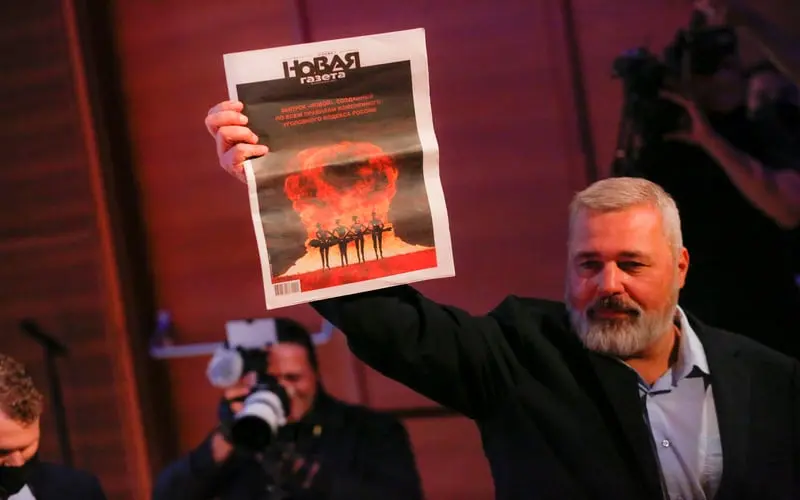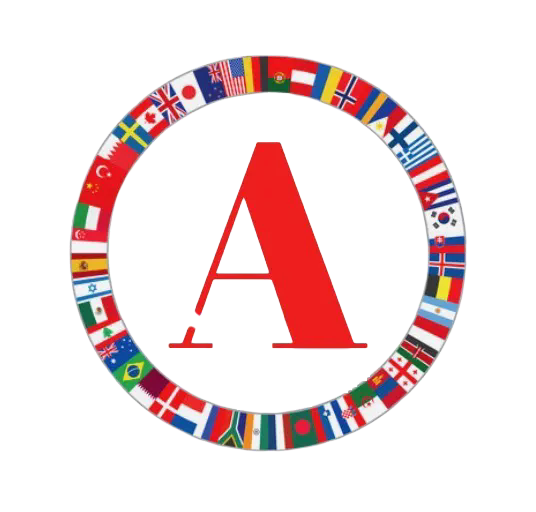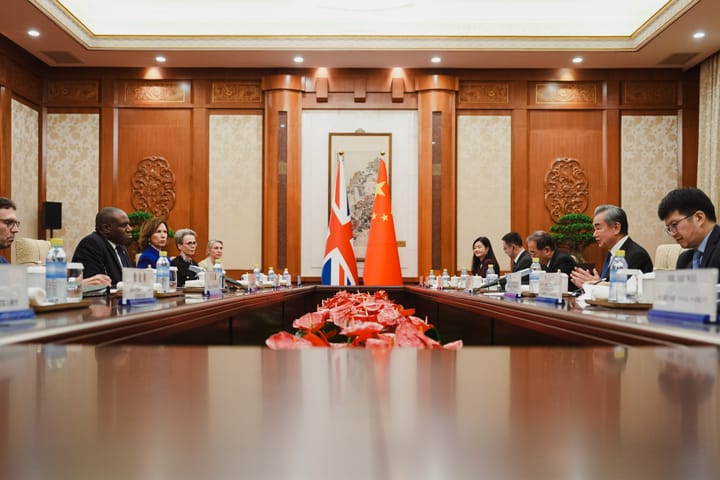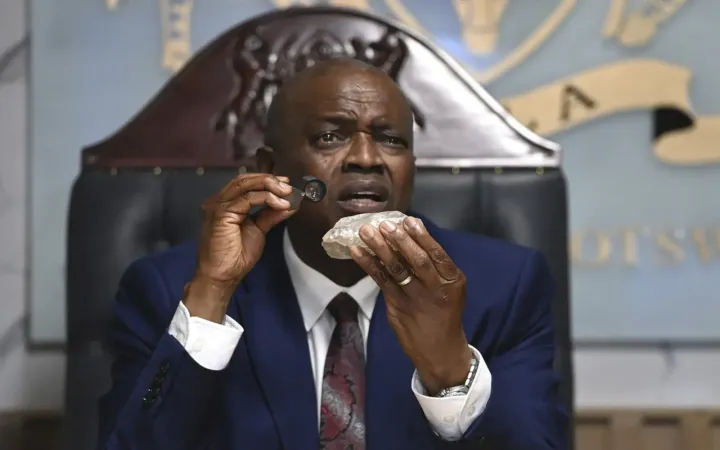Putin's Press Ploy

Since Putin’s rise to power in 2000, press freedom in Russia has seen a steady decline. Despite the right to freedom of the press outlined in the country’s constitution, journalists and other media workers are frequently labeled as criminals and are censored or arrested. In extreme cases, journalists have even faced assassinations, with 80% of such incidents between 2012 and 2022 resulting in impunity. This erosion in press freedom has accelerated in recent years; in 2014, the country ranked 148th among 180 countries in the World Press Freedom Index. Today, it sits at 162nd.
While Russia’s constitution provides for press freedom, U.S. policy acknowledges that these rights are routinely violated. The Russian government has made substantial efforts to suppress independent media, forcing news outlets like Novaya Gazeta and Meduza to suspend operations in Russia and labeling them, along with their journalists as “foreign agents.” And on the internet, authorities have transformed Roskomnadzor, the country’s media oversight agency, into a censorship machine that blocks any website deemed to justify extremism or terrorism, without the need for a court decision. In this climate of repression, officials are also currently detaining 23 European journalists under a variety of charges, including terrorism, extremism, disseminating knowingly false information, spying, treason, and much more.
But as the battlefields in Ukraine rage on, many American journalists still venture into the conflict zone, determined to report the truth despite facing censorship, intimidation, and other threats.
In response to these challenges, the U.S. government has actively discouraged all American citizens, including journalists, from traveling to Russia since the onset of the military offensive. The U.S. Embassy & Consulates in Russia emphasizes the importance of a free and independent press as a cornerstone of democratic societies, stating that “the United States strongly condemns Russian authorities’ continued attempts to silence, intimidate, and punish journalists.” In addition, the United States urges the Kremlin to respect and uphold the freedom of the press as right outlined in the Russian constitution.
The suppression of free press is a symptom of a broader issue of diminishing democratic values. Throughout the war, the United States has provided Ukraine military aid as well as over $20 billion in economic aid, exemplifying its commitment to defend democracies under siege. But now, the challenge lies in upholding democratic principles in countries like Russia, where the United States needs to arm the Russian public with the truth, not spin.
American policymakers are left with a limited range of options. Firstly, exposing Russian citizens to more objective reporting on the military campaign, including the attacks on civilians, could influence the Russian public. But doing this would also require efforts aimed at countering disinformation by supporting the independent press in Russia. A recent leak containing internal documents of the Social Design Agency — a private Moscow firm responsible for much of the disinformation campaigns on social media apps — showcased the extent to which these operations have been worked on; over 3,000 individual files gave observers a glimpse into the goals, tradecraft, and bureaucratic procedures driving these operations. In fact, between mid-May and mid-June, the SDA pushed out 3,161 social media comments promoting its Bild forgeries and 3,277 links to its Daily Mail fakes. The United States can also enhance its current sanctions on Russia as a deterrence that could potentially disrupt the operation of disinformation networks.
At the forefront of all American concerns is addressing apathy among the people of Russia. As Alexei Navalny, the prominent Russian dissident killed, once stated, his struggle for justice represented “the final battle between good and neutrality.” Russians need to be made aware of the growing number of journalists facing charges and how their government has consistently attacked free speech. Additionally, awareness needs to be raised regarding how the Russian state essentially editorializes all of its media and influences public perception, effectively criminalizing true independent journalism.
But there is hope. Early in the invasion, data from Apple Apps Store and Google’s Play Store showed that twelve of the twenty top apps in Russia were VPNs, apps that allow users to access information that would typically be censored by the government. Many social media companies, such as X and Facebook, have even created privacy-protected versions of their services that work through specialized browsers that masks online activity, while news sites across the world have begun disseminating Russian translations of their news on social media, with the New York Times and the Washington Post even sharing their English-language reporting on Telegram, Russia’s fifth-most downloaded app. The United States should support VPNs operating in Russia, reducing the cost for Russian citizens to access accurate and unbiased information. They should also continue supporting websites that disseminate information throughout.
The United States must also be more cautious with its use of sanctions. Increasing punitive measures can have unintended consequences, such as severing Russians from the internet during a time when they crave information. In addition, although the price cap did help reduce Russian oil and gas revenue in the months after its implementation, its effectiveness in the long run has been unclear. The International Monetary Fund estimated that Russia’s GDP actually increased by 2.2% in 2023 due to massive war spending, a higher growth rate than even America.
As much as the United States should support journalists and accurate media for the citizens of Russia, they also need to ensure its own citizens receive accurate information. Furthermore, other levels of disinformation also have to be countered. In an interview, Putin has made claims that the United States isn’t as democratic as it pretends to be, citing the arrest of Wikileaks founder Julian Assange as evidence. Putin even explained the corruption behind the electoral college system. Clearly, the United States should not allow such allegations to be unchallenged.
America has a crucial role in supporting free press globally. Though America has already issued strong condemnations of Russia’s actions toward Ukraine, it needs to do more to aid Russian access to authentic journalism and further combat Russian disinformation campaigns. To truly champion the ideals of democracy globally, the emerging directive for American policymakers is becoming increasingly clear. Simply put, the answer to the erosion of democracy is, indeed, more democracy.



